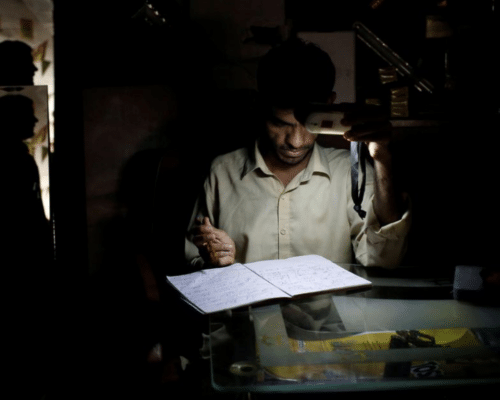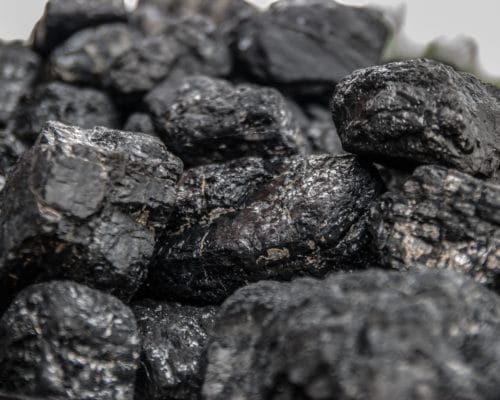Coal In Indonesia – A Sticky Habit
Source: Reuters
05 January 2022 – by Eric Koons
Coal in Indonesia is still on the rise. Home to over 273 million people and growing, Indonesia’s demand for power is parallel to the nation’s population curve. This demand led Jakarta to continue investing in coal power plants for their high baseload energy capacity.
Does Indonesia Produce Coal? – World’s leading Coal Producers
Yes, Indonesia does produce coal. In fact, Indonesia is one of the world’s largest coal producers. Six hundred and sixteen million tonnes of coal production in Indonesia was recorded in 2019. In 2020, Indonesian Coal Mining Association signed a $1.46bn deal with China to facilitate the export of coal from Indonesia to China.
Coal Prices and Reliance on Coal in Indonesia
Indonesia’s reliance on coal as an energy source and its role as a significant coal producer has led to the country doubling down on fossil fuels. Coal prices have increased, and the coal industry is booming. Coal companies and coal mining barons of Indonesia are making millions due to the rise in demand.
This factoid is prevalent in the country’s rhetoric surrounding coal – similar to coal-reliant neighbours Australia – focusing on so-called “clean coal” instead of thermal coal. However, today, Indonesia finds itself at a dangerous crossroads.
Coal-Fired Power Plants In Indonesia
Although Indonesia committed no new coal-fired power plants from 2023, it’s not an ambitious commitment. Elsewhere in the world, including the Biden Administration in the US, countries have put into motion a drive to increase their renewable energy capacities. Like South Korea and China, other nations have pledged to stop funding coal internationally. Indonesia, however, remains on the fringe of the energy transition. Instead, it is one of the few nations not seeking a clean, low-carbon future.
Coal is a part of Jakarta’s transition to sustainability, placing a “due by” date for Indonesia’s infrastructure by 2056. The decision, described by the Jakarta Post’s editorial board, would have “dire consequences”. The board went on and called into question the decisions made by the current administration.
“Many decades from now, when the Earth is so much hotter than today, many people in Indonesia and around the world will look back and wonder why countries failed to stem the use of coal, knowing perfectly well that it would accelerate global warming. Environment and Forestry Minister Siti Nurbaya Bakar [said] last week that President Joko Widodo’s massive economic development program must not be stopped in the name of zero-carbon emission.”
Case Study: Tsingshan Industrial Parks in Indonesia Post-China’s Coal Pledge
Read moreRenewable Energy in Indonesia is Widely Available
When considering how abundant renewable energy is in Indonesia, coal is seemingly not worth it. Energy and mineral resources are in abundance. These energy and mineral resources should be used for electricity generation instead of burning coal in the energy sector.
The opportunities are clear, and blueprints are already available from neighbouring countries. Renewables are plentiful, from using micro-grids to providing remote electrification to applying local renewable resources for continuous power. The caveat is financing. Yet, South Africa’s success at COP26 in securing funding and support from major economies to phase out their coal power plants is a path Indonesia could follow.
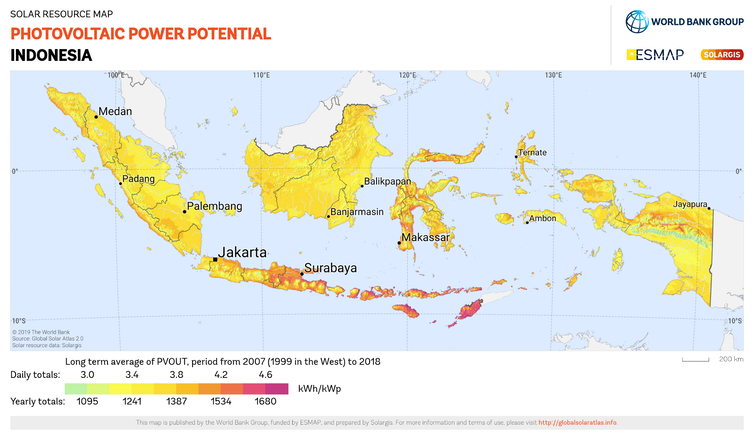
COP26 Funding Will Help Retire Coal Plants in Indonesia
Despite this, countries like Indonesia will need to rely on the yearly USD 100 billion funds that developed nations promised to deliver to developing countries for climate mitigation and adaptation policies. However, since the signing of the policy 12-years ago, the funds have not met its funding goal. According to COP26 negotiators, by 2023, financing will be complete. For Indonesia, funding is vital, as the country has mentioned that with the proper support, it can wean itself off coal by 2040.
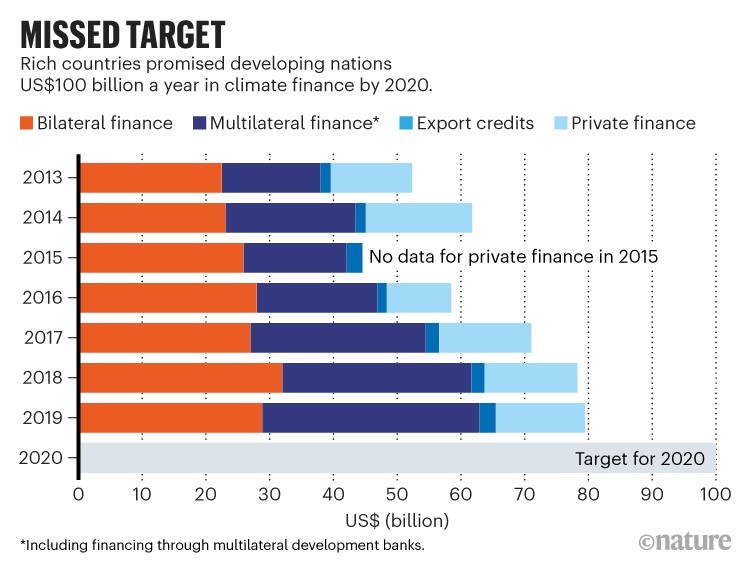
Abandoning Fossil Fuels
As it stands, Indonesia reliance on coal is an issue that will only get more complicated with time. Fossil fuels, namely coal-fired power plants, are being phased out globally and will drive the sector’s prices up. Renewables are already the cheapest energy source and provide communities with flexibility that coal cannot offer. This rings true in remote areas that are still not fully electrified, giving Indonesia a chance to play to its strengths, with microgrids and the like.
Solar, wind, geothermal and tidal are all energy options Indonesia can benefit from and will provide clean, affordable power. Furthermore, they will help safeguard future generations of Indonesians from the devastating impacts of climate change. As a result, abandoning fossil fuels is a priority that Jakarta needs to embrace. Financing the transition remains an issue, but the country can look to its neighbours for help. Indonesia cannot fall behind the curve with time quickly running out.
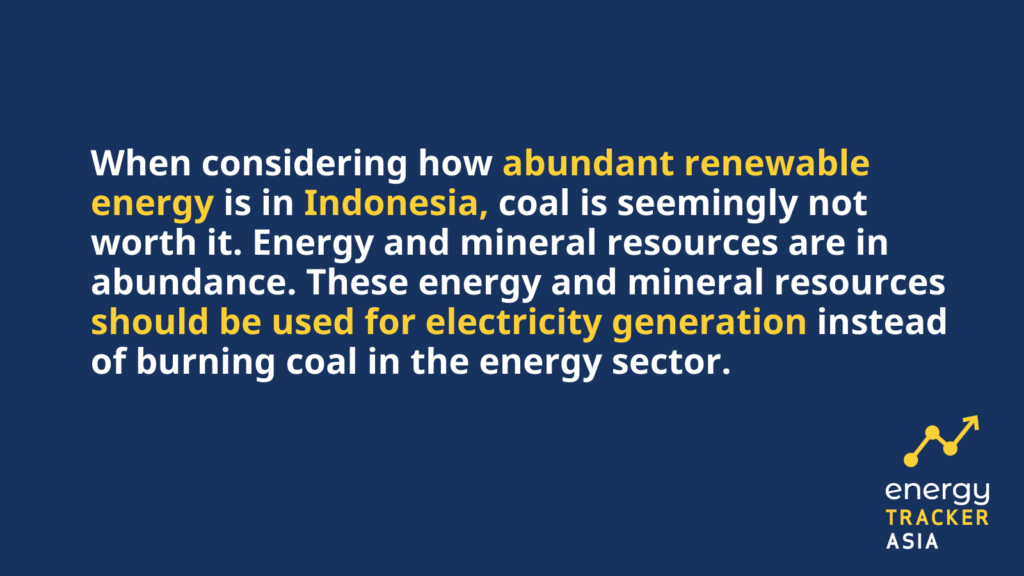
by Eric Koons
Eric is a passionate environmental advocate that believes renewable energy is a key piece in meeting the world’s growing energy demands. He received an environmental science degree from the University of California and has worked to promote environmentally and socially sustainable practices since. Eric’s expertise extends across the environmental field, yet he maintains a strong focus on renewable energy. His work has been featured by leading environmental organizations, such as World Resources Institute and Hitachi ABB Power Grids.
Read more
